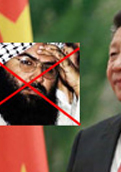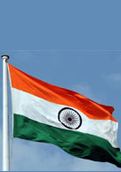What pales the counter-terrorism regime
What pales the counter-terrorism regime is not that its procedures are cumbersome or that its working is not transparent, but that it only selectively raises the cost for those who inflict terror.
- Arpita Anant
- May 06, 2019













